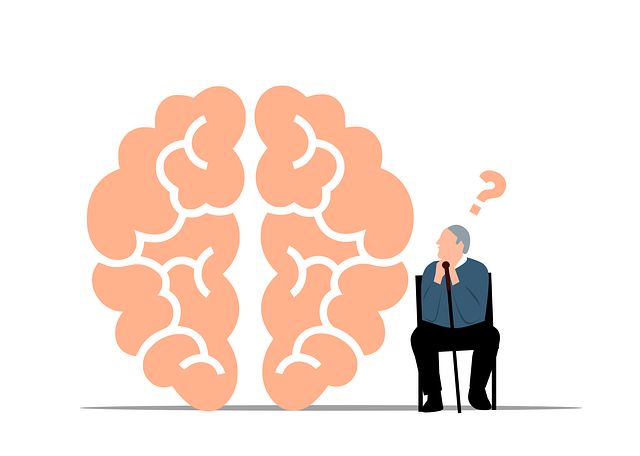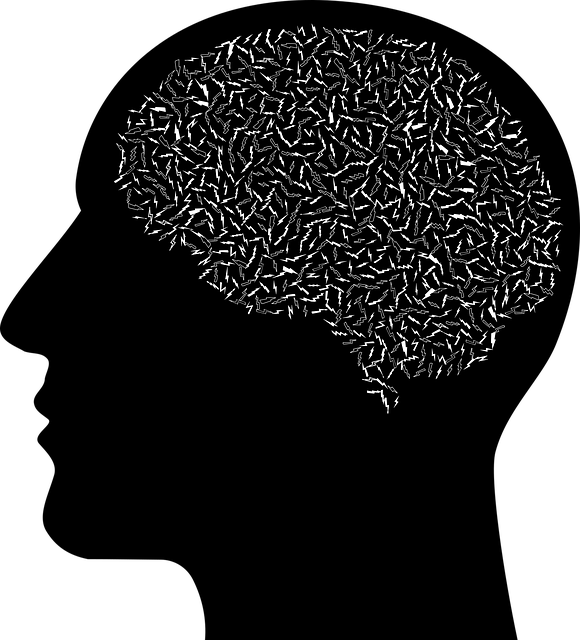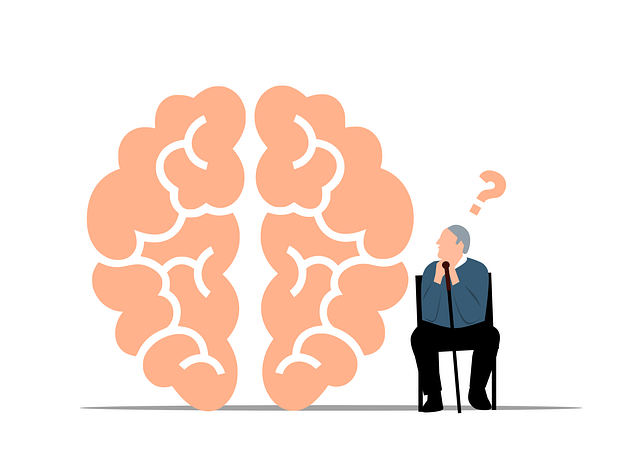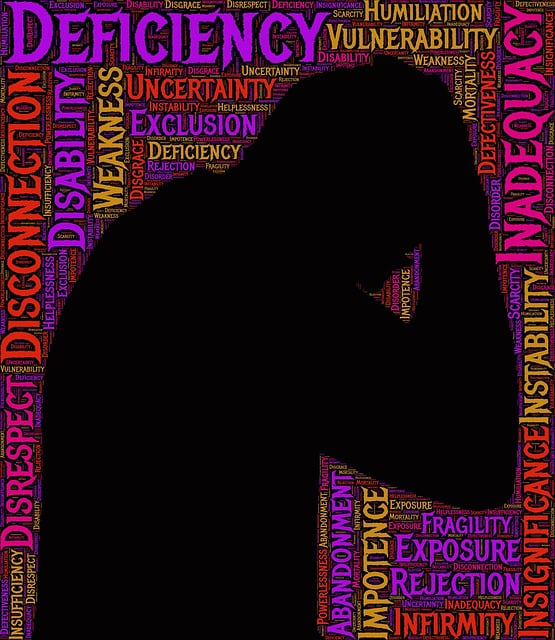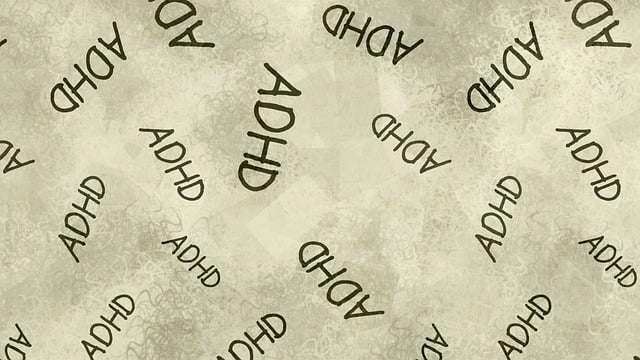Boulder Grief Counseling Therapy offers a comprehensive approach to managing chronic stress, combining evidence-based practices with personalized self-care strategies. Through techniques like mindfulness meditation and cognitive behavioral therapy, clients learn effective coping mechanisms, gain emotional resilience, and experience personal growth after loss or trauma. Incorporating stress reduction techniques into daily life lowers anxiety and promotes mental well-being, while Boulder Grief Counseling Therapy provides tailored tools for intense emotion management, improved communication, and conflict resolution, ultimately enhancing quality of life.
Stress reduction is an essential practice for maintaining mental well-being, and Boulder has a unique resource in Grief Counseling Therapy. This therapeutic approach goes beyond surface-level relaxation, delving into the root causes of stress and offering powerful tools for long-term management. In this article, we explore effective methods to combat stress, including the benefits of Boulder Grief Counseling Therapy, practical techniques, and personalized strategies for creating a calmer, more balanced life.
- Understanding Stress and Its Impact
- The Role of Boulder Grief Counseling Therapy
- Practical Stress Reduction Techniques
- Creating a Personalized Stress Management Plan
Understanding Stress and Its Impact

Stress is a natural response to various life challenges and demands, but when it becomes persistent and overwhelming, it can significantly impact our overall health and well-being. It’s essential to recognize that stress isn’t always negative; moderate stress can motivate us and enhance performance. However, chronic or prolonged stress can lead to physical and mental health issues, including anxiety, depression, heart disease, and sleep disturbances. This is where Boulder Grief Counseling Therapy steps in as a powerful tool for navigating through stressful situations.
Understanding the root causes of stress is crucial in developing effective coping skills. Boulder Grief Counseling offers an environment free from judgment, allowing individuals to explore their emotions, thoughts, and experiences. Through therapeutic techniques, clients gain insights into their stress triggers, learn emotional well-being promotion methods, and build resilience to cope with challenging situations. By addressing these fundamental aspects, one can transform their relationship with stress, leading to a healthier and more balanced life.
The Role of Boulder Grief Counseling Therapy

Boulder Grief Counseling Therapy offers a safe and supportive environment for individuals navigating loss and emotional distress. This form of therapy goes beyond traditional talk therapy by integrating self-care practices tailored to each person’s unique needs. Through various techniques, such as mindfulness meditation and cognitive behavioral strategies, clients learn to process grief and cultivate coping mechanisms that enhance their overall well-being.
Additionally, the cultural competency training provided to healthcare providers ensures a sensitive and inclusive approach. This means that Boulder Grief Counseling Therapy recognizes and respects diverse backgrounds, ensuring that every client receives personalized support. By combining evidence-based practices with compassion, this therapy serves as a powerful tool for personal growth and healing in the face of loss.
Practical Stress Reduction Techniques

Incorporating practical stress reduction techniques into daily life can significantly lower anxiety levels and promote mental well-being. One effective approach is Boulder Grief Counseling Therapy, which provides individuals with coping skills development tailored to their unique circumstances. This therapy goes beyond traditional talk therapy by offering strategies to manage intense emotions, improve communication, and resolve conflicts within personal relationships.
Additionally, practices like Mindfulness Meditation have gained popularity for their ability to calm the mind and body. By focusing on the present moment, individuals can reduce the impact of stressful thoughts and develop a greater sense of inner peace. Moreover, learning Conflict Resolution Techniques empowers people to navigate challenging situations constructively, minimizing stress that often arises from interpersonal conflicts. These techniques foster better communication, empathy, and understanding, ultimately leading to more positive outcomes in both personal and professional spheres.
Creating a Personalized Stress Management Plan

Creating a personalized stress management plan is an essential step towards enhancing your overall well-being and quality of life. This tailored approach acknowledges that each individual’s stress triggers and coping mechanisms are unique. By engaging in Boulder Grief Counseling Therapy, individuals can gain valuable insights into their emotional responses to stressful situations. This therapy provides a safe space to explore and understand the underlying causes of stress, offering effective tools for management.
A well-structured plan incorporates various strategies such as Crisis Intervention Guidance to handle immediate crises, Conflict Resolution Techniques for peaceful negotiations in challenging scenarios, and Self-Care Practices for maintaining mental and physical health. Integrating these into daily routines allows individuals to proactively manage stress, fostering resilience and a sense of control over their lives.
In understanding the profound impact of stress on our lives, adopting effective stress reduction methods becomes paramount. Throughout this article, we’ve explored powerful tools like Boulder Grief Counseling Therapy and practical techniques that foster resilience. By integrating personalized stress management plans, individuals can navigate life’s challenges with greater equanimity. Remember that stress reduction is a journey; consistent practice and adaptability are key to unlocking a calmer, more balanced existence.

